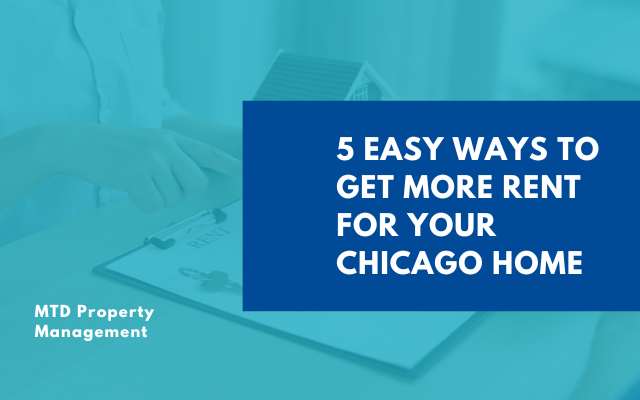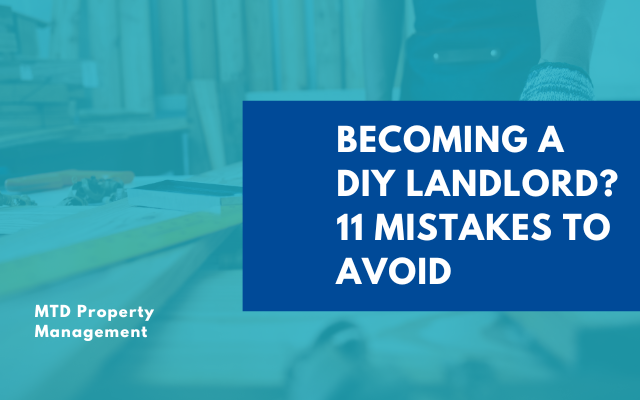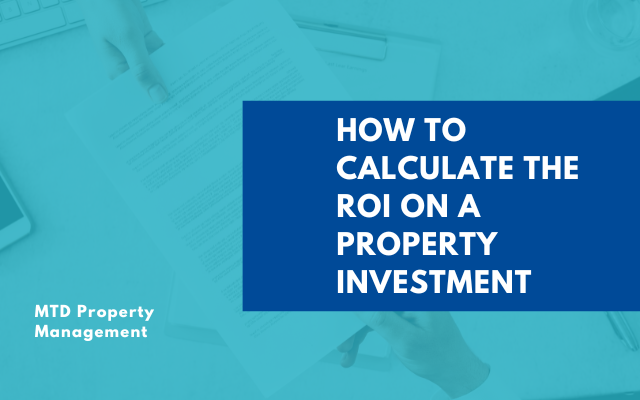Costs That Landlords Don’t Notice They’re Accruing
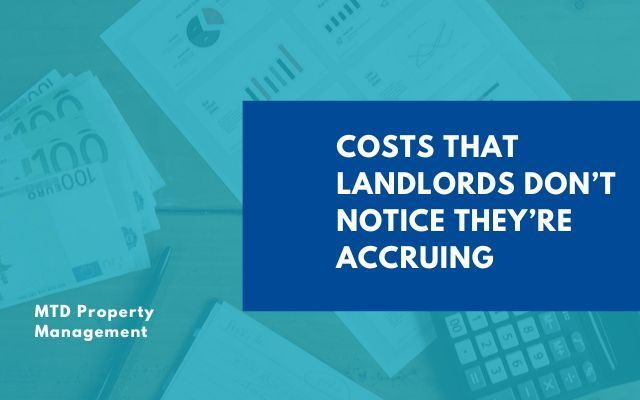
Are you truly aware of all the expenses that come with being a landlord? Landlords might think they’ve got it covered with mortgage payments, insurance, and basic maintenance, but they’d be surprised at the overlooked costs that can slowly chip away at their profits.
In this article, we delve into the hidden expenses that often go unnoticed by landlords, like wear and tear repairs, utility costs during vacancies, and even administrative time you might not be accounting for.
Acknowledging these expenses is the first step towards efficient budgeting and a more profitable rental property. Stick around to find out how you can be a savvy, financially aware landlord.
Unseen Costs for Landlords: What's Draining Your Profits?
Being a landlord can be a rewarding experience, both personally and financially. However, it comes with its own set of challenges, especially when unforeseen expenses start to add up. Here's a deeper dive into the costs you might be overlooking:
Maintenance Costs
Regular wear and tear is to be expected when you have tenants. Small issues like leaking faucets, peeling paint, or aging appliances may seem trivial, but they can quickly accumulate into significant expenses if not addressed.
Moreover, as a property ages, bigger issues like roof repairs or foundational problems can come up. While you might budget for annual maintenance, unexpected problems can add to these costs, especially if they become
emergencies.
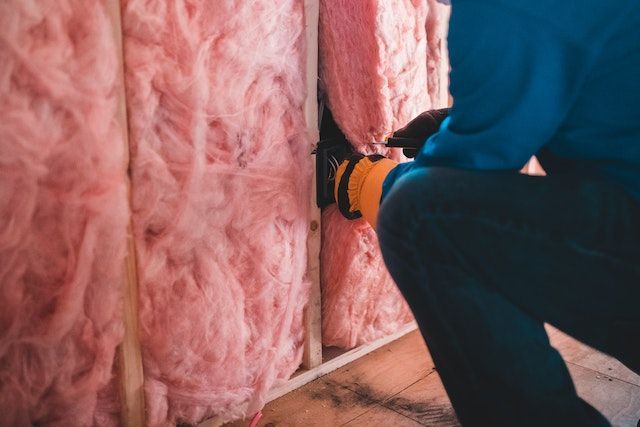
Legal Fees
Navigating the rental landscape requires a keen understanding of the legalities involved. Drafting lease agreements, addressing tenant disputes, and ensuring you're in line with
local housing regulations all come with potential legal challenges.
If you find yourself in a situation that requires legal consultation or representation, the fees can silently accumulate. That’s why it’s important to keep track of all your expenses and familiarize yourself with local, state, and federal rental laws.
Problematic Residents
The importance of thorough tenant screening cannot be stressed enough. While it may seem tedious or time-consuming, it's a vital step in ensuring you have reliable, responsible residents.
Poor quality tenants can result in unpaid rent, property damages beyond regular wear and tear, or even legal troubles. Moreover, dealing with problematic tenants can take a considerable amount of your time, and time, as they say, is money.
Vendors and Contractors
Whether it's a plumber fixing a burst pipe or a gardener keeping the grounds neat, landlords often employ various vendors and contractors.
However, some contractors might offer a low upfront cost and charge you hidden costs later on. Or, if the initial job isn’t done correctly, the situation may necessitate further repairs, increasing your expenses.
Ensuring you have transparent, trustworthy contractors is crucial. Always check reviews, get referrals, and make sure any work agreement is detailed and clear about costs.
Lengthy Vacancies
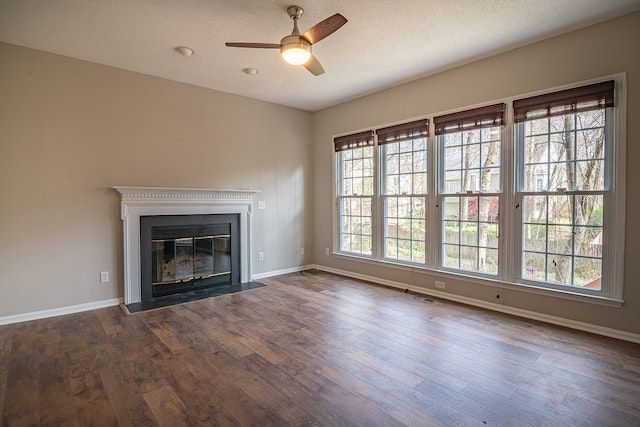
Every month a property sits vacant is a month of lost rental income. While you might be budgeting for a short period between tenants, unexpected market changes, global events, or issues with the property can prolong this timeframe.
During these gaps, not only are you missing out on rent, but you're also still incurring costs like mortgage payments,
utilities, and maintenance.
It’s essential to strategize ways to minimize these vacancies, be it through effective marketing, offering competitive rates, or ensuring the property is in top shape to attract quality tenants quickly.
Tips to Save on Expenses
Managing a rental property successfully requires optimizing your expenses. Here are some tips that can help landlords minimize their costs:
Preventive Maintenance
Regular inspections and preventive maintenance can save you money in the long run. Fixing small problems before they become major issues can be more cost-effective and less disruptive to your tenants.
Tenant Screening
Invest time and even a little money up front to thoroughly
screen your tenants. A reliable tenant is less likely to damage property or default on rent, both of which can be costly.
Bulk Purchases
Consider bulk purchases for items like paint, cleaning supplies, or even appliances for multiple rental units. This can lead to significant cost savings over time.
Energy Efficiency
Invest in energy-efficient appliances, HVAC systems, and even LED lighting to lower utility bills. While the initial cost may be higher, the savings over time can be substantial.

Set Clear Lease Terms
Make sure your lease agreement clearly outlines who is responsible for what costs, such as minor repairs or maintenance. This can avoid misunderstandings that lead to disputes and legal fees.
Optimize Rent Pricing
Keep an eye on market trends and make sure your rent prices are competitive. Overpricing can lead to longer vacancies, while underpricing can cost you potential income.
How Property Management Saves You Money
Hiring a property management company can be a game-changer for
landlords concerned about overspending. These companies bring expertise in property maintenance, tenant relations, and legal compliance, effectively optimizing the cost structure of your rental business.
They negotiate better terms with vendors, handle preventive maintenance to avoid costly emergency repairs, and can even help in selecting quality tenants to minimize turnover and related costs.
With their finger on the pulse of local rental markets, they can price your properties to minimize
vacancies, thereby maximizing income. In essence, a property management company applies industry best practices to your property, potentially saving you significant amounts of money in both the short term and long run.
Final Thoughts
From unexpected maintenance woes to the sometimes tricky territory of legal fees, the financial landscape of your rental business can get complicated. However, by being aware of these often-overlooked expenses, you're already on your way to being a more effective and profitable landlord.
If you’d like help managing your rental properties, consider bringing in the experts.
MTD Property Management can handle the heavy lifting, allowing you to focus on growing your investment without the headache of hidden costs!

